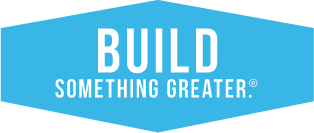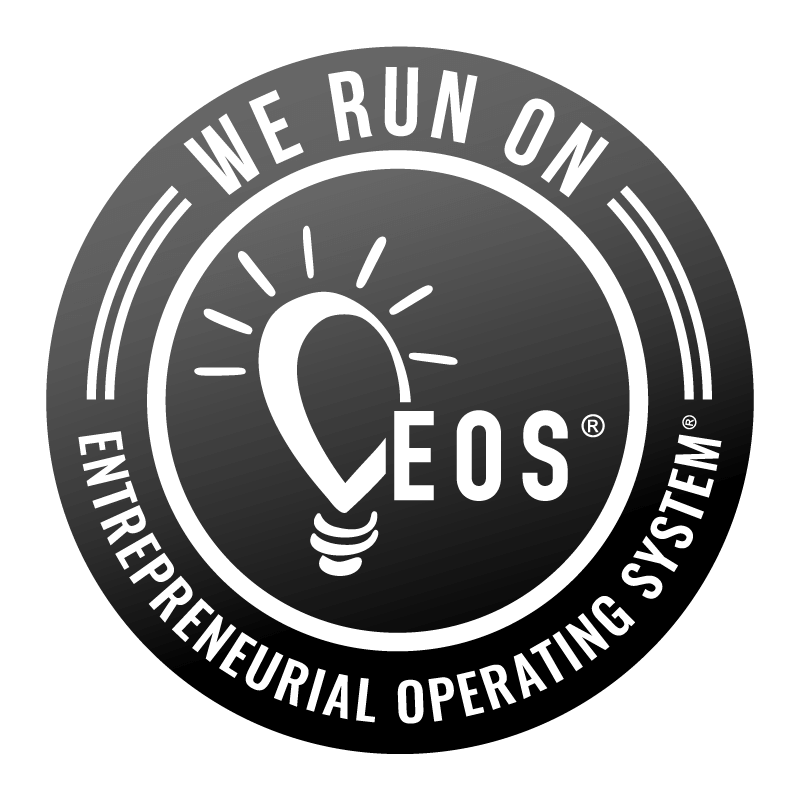Curiosity is a car-sized rover that NASA built to explore the Gale crater on the red planet as part of the space agency’s Mars Science Laboratory mission. The rover was launched from Cape Canaveral in November 2011 and landed on Mars nine months later in August 2012. What did we learn from Curiosity?
- Mars supported life – Ancient Mars had the right chemistry to support life (living microbes).
- Mars had water – Curiosity found smooth, rounded pebbles that likely rolled downstream for at least a few miles in a river that was ankle- to hip-deep.
- Mars has organic molecules – The building blocks of life, organic molecules were discovered.
None of those universe-altering discoveries would have happened if the people at NASA hadn’t been curious.
That same type of curiosity drives us here at Revel. It is so important to our future that it’s become one of our core values. It’s the cornerstone of the new professional development program that we rolled at our most recent company-wide State of Revel meeting. It’s also a critical factor in our hiring process.
A Harvard Business Review article about creating a culture of learning has stuck with me. It underlined the importance of hiring curious people by saying, “If you hire people who are naturally curious and maximize the fit between their interests and the role they are in, you will not have to worry about their willingness to learn or be on their case to unlock their curiosity.”
Looking to flex those curiosity muscles? Lifehack has some advice on How to Develop Curiosity:
1. Keep an open mind
This is essential if you are to have a curious mind. Be open to learn, unlearn, and relearn. Some things you know and believe might be wrong, and you should be prepared to accept this possibility and change your mind.
2. Ask questions relentlessly
A sure way to dig deeper beneath the surface is asking questions: What do our customers want? Why is our product better than the competition? What problem are we solving? Why did we do it that way before? What worked in the past? Who knows the most about that here? What is our ultimate goal? What, why, when, who, where, and how are the best friends of curious people.
3. See learning as something fun
If you see learning as a burden, there’s no way you will want to dig deeper into anything. That will just make the burden heavier. But if you think of learning as something fun, you will naturally want to dig deeper. So look at life through the glasses of fun and excitement and enjoy the learning process.
Need more encouragement? Take inspiration from Walt Disney who said, “We keep moving forward, opening new doors, and doing new things, because we’re curious and curiosity keeps leading us down new paths.”











